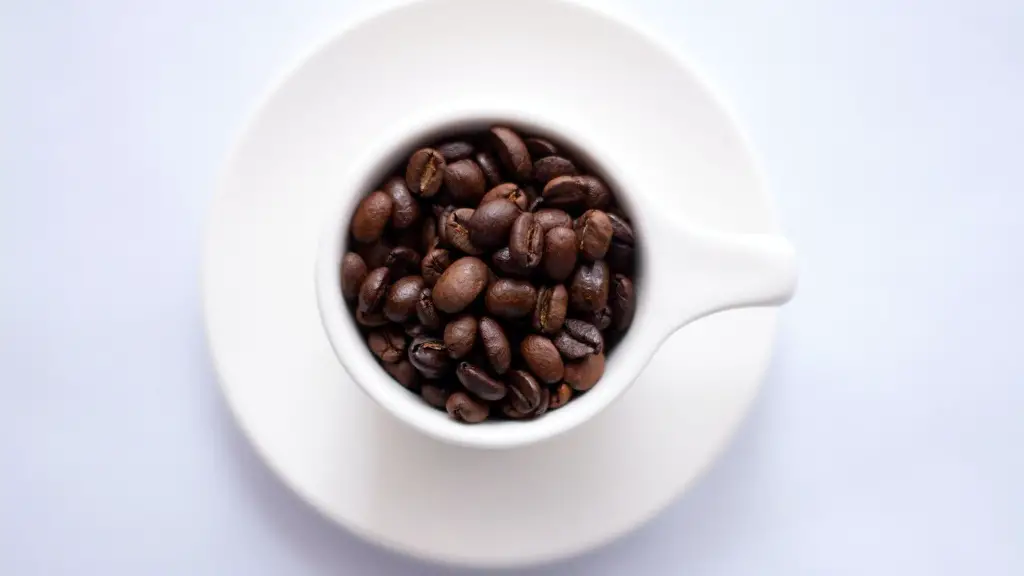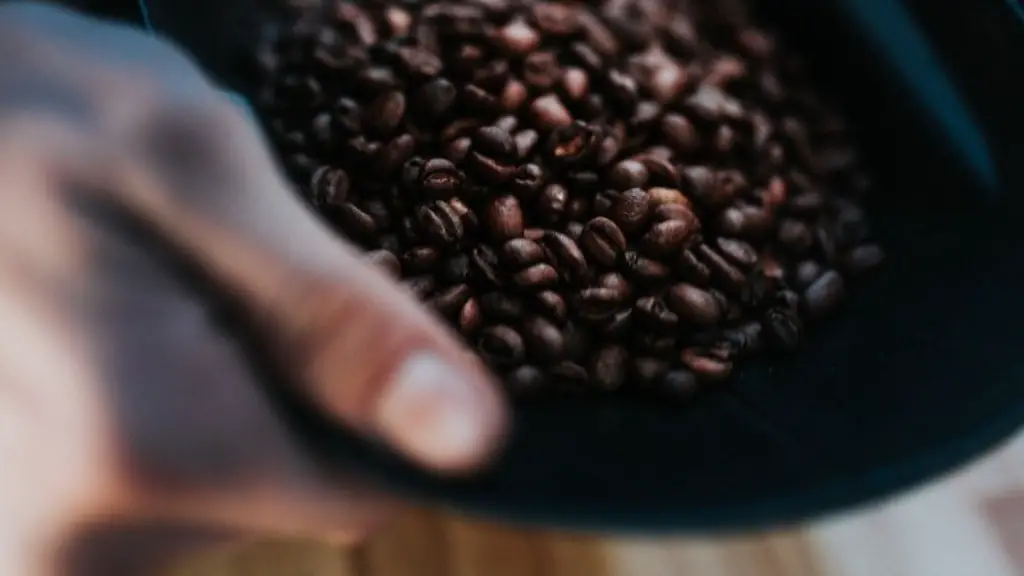Background Information
Weight-loss fasting is gaining popularity among people who want to make healthier choices for their diet plan. It is an ideal choice for those who want to improve their body shape. Fasting does not involve not eating any food but rather controlling food intake for a certain period of time. People who opt for weight loss fasting typically fast for 12 to 24 hours a day. The key to successful weight loss during fasting is to give your body enough time to rest and digest the food you have eaten.
Drinking Coffee
One of the most popular beverages during weight loss fasting is coffee. Caffeine is one of the most commonly used stimulants. It is known to help reduce appetite and give you an energy boost. Coffee can help keep you active during a fast, but it is important to consider the effects of caffeine on your overall health before consuming it. Some studies suggest that while caffeine can be beneficial, excessive amounts can contribute to dehydration, heart palpitations, and anxiety.
Advantages & Disadvantages
When it comes to drinking coffee while fasting for weight loss, there are pros and cons. On one hand, coffee can help you feel energized and less hungry throughout the day. On the other hand, caffeine can also contribute to dehydration and give your blood sugar levels a roller-coaster ride. Furthermore, drinking coffee can prevent your body from going into ketosis and hinder your ability to burn stored fat.
Effects on Metabolism
Caffeine in coffee is known to increase your metabolic rate and help your body burn fat more efficiently. However, it is important to note that this effect is temporary and will not last if you do not maintain a caloric deficit. Therefore, you should be careful not to drink too much coffee in order to make sure you are still getting the right amount of nutrition.
Tips and Tricks
If you are intending to drink coffee while fasting, there are a few tips and tricks you can use to maximize its benefits and minimize its negative effects. For example, opt for black coffee rather than adding sugar, creamer, or other ingredients. Choose a milder blend and limit your intake of coffee to only 1 or 2 cups per day. Even better, go for decaffeinated if you can.
Intermittent Fasting
Intermittent fasting is an excellent way to give your body enough time to rest and digest. It involves limiting your calorie intake for a certain number of hours every day. Intermittent fasting can also help you achieve your protein goals during dieting and help you maintain a healthy weight. When done correctly, it can be a very effective weight-loss tool.
Risks of Fasting
Before deciding to embark on a weight loss fasting plan, it is important to be aware of the potential risks. Under such a plan, you may experience side effects such as headaches, nausea, and fatigue. It is important to consult a physician if you have any underlying health conditions or think you may be at risk of developing one.
Keto Diet & Fasting
The ketogenic diet is an increasingly popular method of weight loss that has been studied and debated in the medical community. It involves the consumption of high-fat, low-carbohydrate foods that put the body into a state of ketosis. While it can be an effective weight-loss tool, fasting should not be done while on a keto diet. This is because the body needs carbs to function properly and fasting can lead to a dangerous electrolyte imbalance.
Meal Timings
Although fasting does require people to make certain food choices, it is important to keep in mind that meal timing is just as important for successful weight loss. Eating your first meal within at least 12 hours of waking up can help keep your blood sugar levels steady throughout the day. Additionally, try to break down your meals into smaller portions over the course of the day and leave at least two hours in between meals.
Diet During Fasting
It is important to focus on choosing nutrient-dense and healthy sources of food while fasting. To reduce hunger and enhance weight loss, focus on consuming lean proteins, complex carbohydrates, fruits, and vegetables. Additionally, make sure to stay hydrated by drinking plenty of water and unsweetened tea or coffee.
Supplements for Fasting
If you decide to use supplements while fasting, it is recommended to talk to your doctor first. Generally, a multivitamin can be beneficial for ensuring that you have all the necessary vitamins and minerals while maintaining a low-calorie diet. Additionally, taking omega-3 fatty acids can help reduce inflammation in the body, which can help support your overall health.


